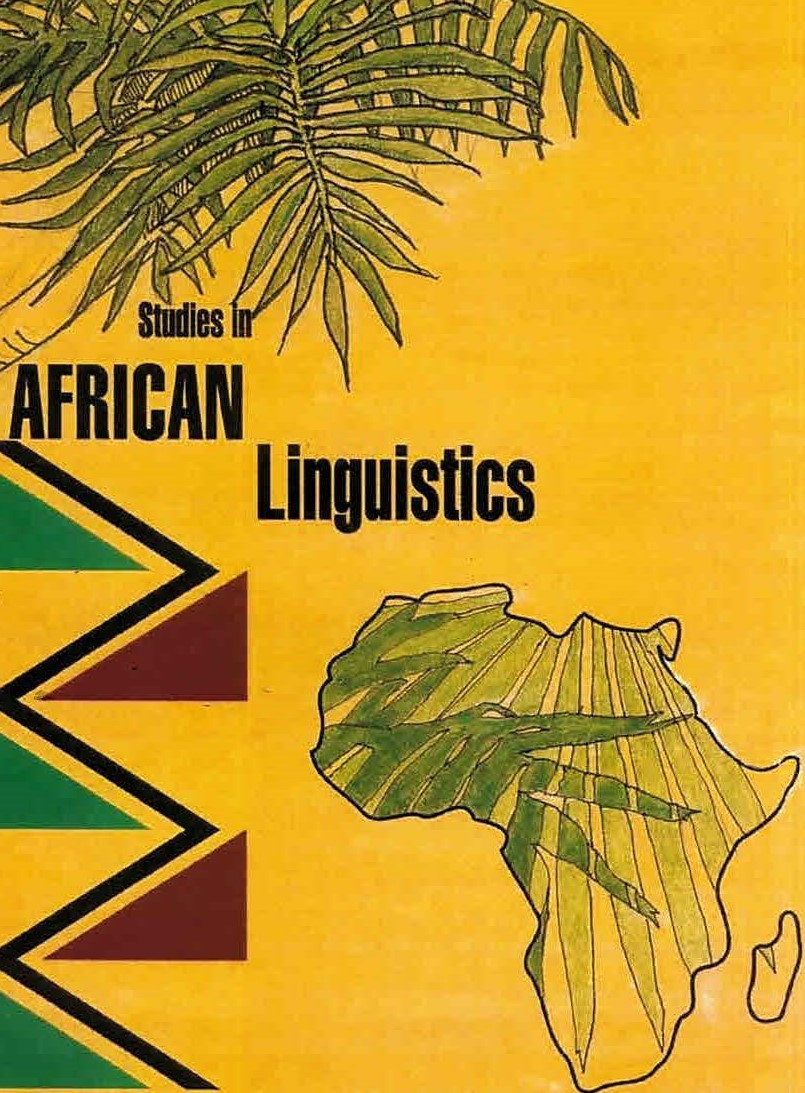Imbrication Patterns of Lunda
DOI:
https://doi.org/10.32473/sal.v50i1.128779Keywords:
imbrication, remote past, applicative, causative, reciprocal, deletion, vowel fusion, glidingAbstract
This paper examines the imbrication process in Lunda. It is widely acknowledged in the literature that imbrication in Bantu languages is mainly triggered by the perfective or past tense suffix (Bastin 1983). In Lunda, however, this morphophonological process is not only conditioned by the remote past tense inflectional suffix but also caused by derivational extensions that include the applicative, the causative, and to a lesser extent the reciprocal affix when they are attached to a large number of verb bases. Imbrication typically occurs with verb bases containing what is known as an extension, whether productive or frozen. Unlike many Bantu languages, this phenomenon always results in the deletion of the base final consonant and the consonant of the suffix survives. This segmental loss leads to either vowel coalescence between the two adjacent vowels or gliding
Downloads
Published
Issue
Section
License
Copyright (c) 2021 Boniface Kawasha

This work is licensed under a Creative Commons Attribution-NonCommercial 4.0 International License.


